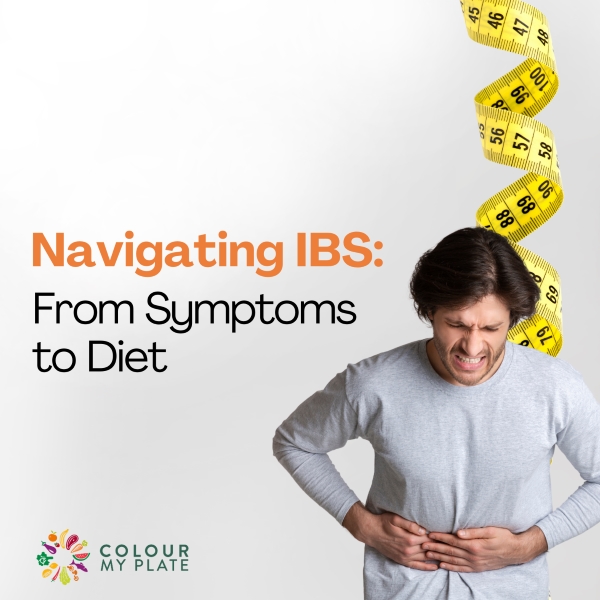
![]() 16 Jul 2024
16 Jul 2024
Irritable Bowel Syndrome (IBS) is a common gastrointestinal disorder that affects many people worldwide. However, distinguishing between occasional digestive discomfort and IBS can be challenging. It’s important to recognize the signs and seek appropriate medical advice to manage this condition effectively.
Experiencing bloating or stomach pain from time to time does not necessarily mean you have IBS. Many people occasionally suffer from digestive discomfort due to various factors like stress, certain foods, or lack of exercise. However, IBS is characterized by specific, recurring symptoms that are more persistent and troublesome.
They include persistent abdominal pain or discomfort often relieved by passing a bowel movement, a sensation of fullness or swelling in the abdomen (bloating), and chronic irregular bowel movements such as constipation, diarrhea, or both. If these symptoms frequently occur and significantly impact your daily life, you might have IBS.
If you suspect you have IBS, it’s important to seek medical advice. A functional medicine doctor or a gastroenterologist can help you navigate the diagnostic process. They may conduct various tests, including blood and stool tests, and possibly a colonoscopy, to rule out other conditions and confirm an IBS diagnosis.
While diet plays a significant role in digestive health, not all digestive issues are related to poor dietary choices. It’s easy to blame an unhealthy diet for stomach pain or bloating, but these symptoms could indicate an underlying condition like IBS. It’s crucial to understand that simply improving your diet might not resolve the issue.
After a diagnosis, consulting a dietitian can be immensely beneficial. A dietitian can help you identify trigger foods and develop a suitable eating plan. One popular approach for managing IBS is the Low FODMAP diet. This diet involves eliminating certain carbohydrates that are poorly absorbed in the gut and can trigger symptoms.
Irritable Bowel Syndrome is a complex condition that requires a comprehensive approach to diagnosis and management. If you experience chronic and recurring symptoms like stomach discomfort, bloating, and irregular bowel movements, it’s important to consult with a functional medicine doctor or GI specialist. They can guide you through necessary tests and provide a proper diagnosis. Working with a dietitian to develop a tailored diet plan, such as the low FODMAP diet, can help manage and alleviate symptoms, improving your quality of life. Remember, a healthy diet is crucial, but it’s not a cure-all. Professional guidance is key to managing IBS effectively.

We noticed you haven't completed your delivery details.

Your message is sent